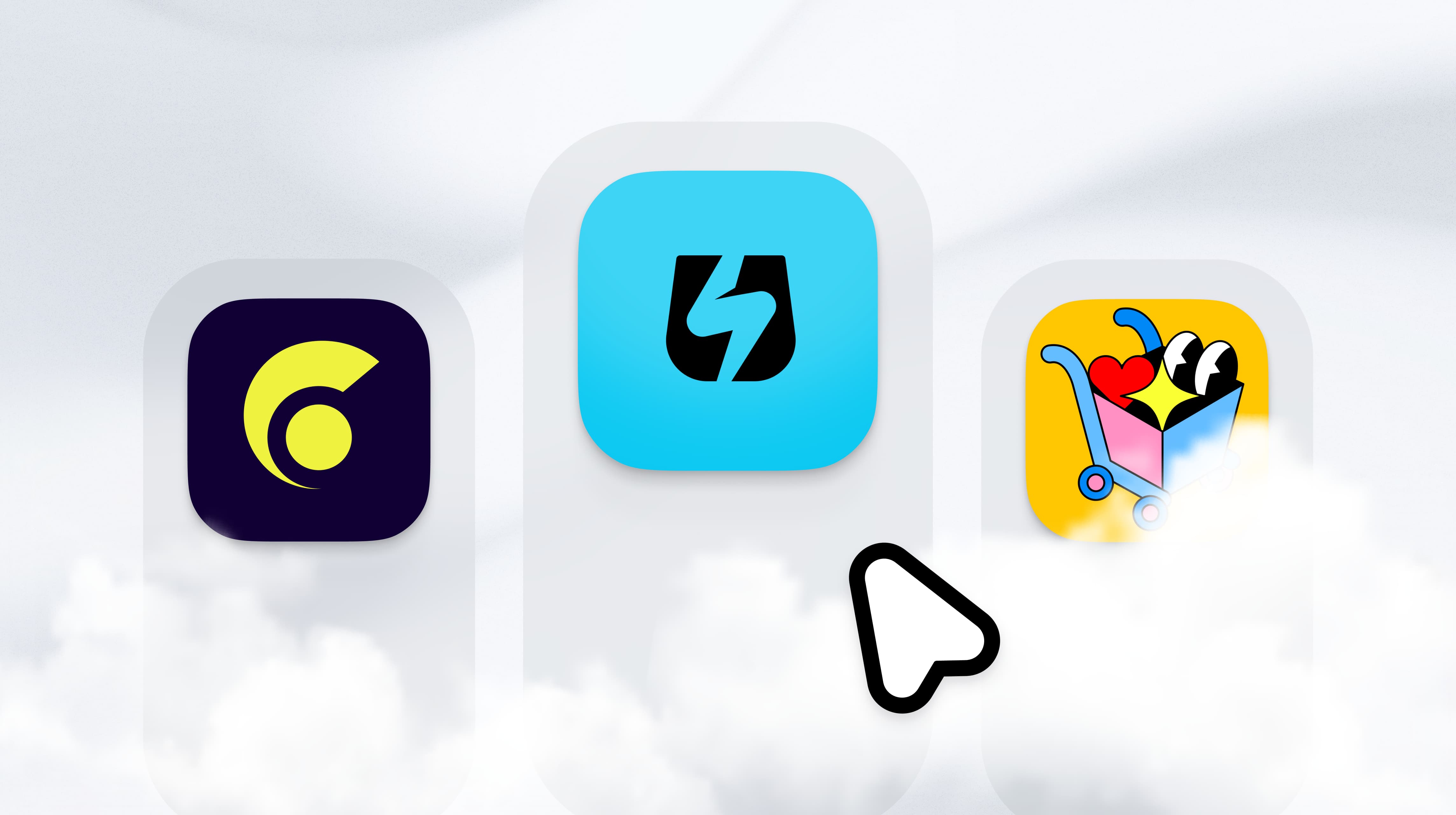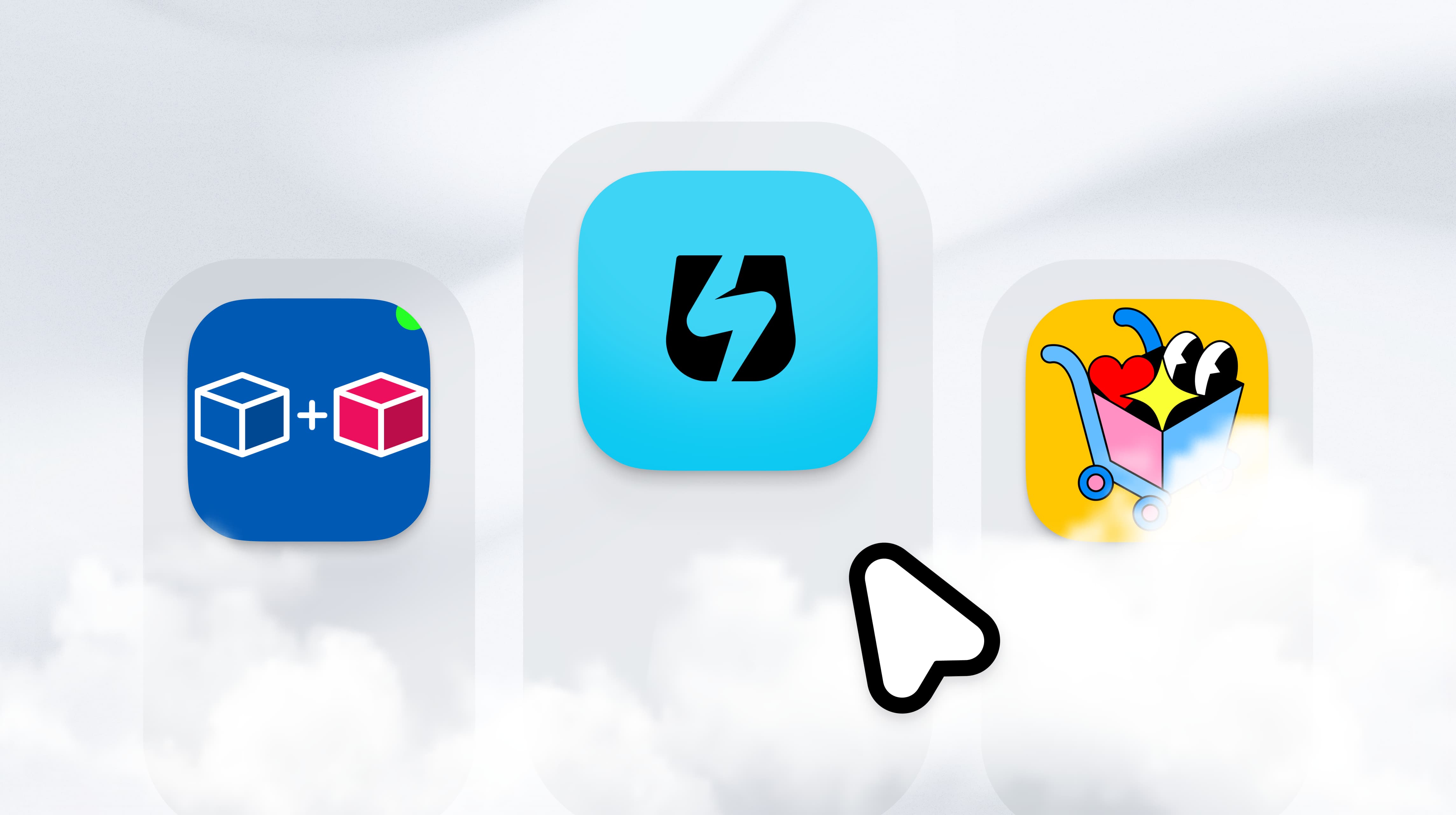Free ChatGPT shopping optimizer for Shopify products
Rebecca Anderson
Free ChatGPT shopping optimizer for Shopify products
Is your Shopify store ready for ChatGPT shopping?
The way people shop online is changing dramatically. ChatGPT and other AI assistants are becoming primary shopping tools, helping millions of users discover and purchase products through natural conversation. But here's the problem: if your product pages aren't properly structured, ChatGPT simply can't find or recommend your products to potential customers.
Our ChatGPT Shopping Readiness Report instantly analyzes your Shopify product pages and shows you exactly what's missing. Just paste your product URL and get a comprehensive breakdown of what needs fixing to ensure your products appear in ChatGPT's shopping recommendations.
Why ChatGPT shopping optimization matters right now
In September 2025, Shopify announced their partnership with OpenAI. This represents the beginning of the fundamental shift in e-commerce discovery. Traditional search engines require users to search for products using keywords. ChatGPT allows users to describe what they need in natural language, and the AI recommends specific products based on their requirements.
When someone asks ChatGPT, "I need a comfortable long-sleeve shirt for layering in spring weather," the AI searches through properly structured product data to find matches. If your product data is incomplete or improperly formatted, you're invisible to this rapidly growing channel.
If you want to sell on ChatGPT with Shopify, consider these factors:
Market penetration: ChatGPT has over 300 million weekly active users. A significant portion of these users are now using ChatGPT for shopping research and product discovery.
Purchase intent: Users turning to AI for shopping recommendations often have high purchase intent. They're looking for curated suggestions, not endless scrolling through search results.
Competitive advantage: Most e-commerce stores haven't optimized for AI shopping yet. Early adopters who fix their product data now will capture disproportionate visibility.
Future-proofing: As AI shopping assistants proliferate (Google's Gemini, Amazon's Rufus, Microsoft's Copilot), the same structured data principles apply across platforms.
Understanding the ChatGPT shopping requirements
ChatGPT relies on structured product data to understand, categorize, and recommend products. This isn't just about having a product page; it's about having machine-readable information in standardized formats.
Critical fields that block indexing
Our tool identifies three critical fields that, when missing, completely prevent ChatGPT from properly indexing your products:
1. GTIN (Global Trade Item Number)
The GTIN is your product's unique identifier in the global marketplace. This includes UPC codes (common in North America), EAN codes (common in Europe), ISBN (for books), and other standardized product identifiers.
GTINs allow AI systems to definitively identify products and connect them with reviews, price comparisons, and availability across the internet. Without a GTIN, ChatGPT cannot confidently determine if your product is unique or a duplicate of something else.
2. Price
The actual selling price must be clearly marked up in your product page's structured data, not just visible to human visitors.
Price is fundamental to product recommendations. Users often have budget constraints or want to compare options. If ChatGPT can't read your price, it can't include your product in recommendations that match the user's budget.
3. Currency
The currency must be explicitly specified alongside the price.
Without currency information, a price is meaningless. A shirt priced at "50" could be $50 USD, £50 GBP, or €50 EUR, vastly different actual costs. ChatGPT needs this information to make accurate recommendations to users worldwide.
Essential product information fields
Beyond the critical three, our report checks for additional essential fields:
Brand: Helps users who have brand preferences or want to discover new brands in specific categories.
Product Name/Title: Should be descriptive and specific, helping AI understand exactly what the product is.
Description: Provides context about features, materials, use cases, and benefits that inform better recommendations.
MPN (Manufacturer Part Number): Another unique identifier that helps differentiate products and track inventory across systems.
SKU (Stock Keeping Unit): Your internal product identifier, useful for inventory management and variation tracking.
Product Images: High-quality images that AI can analyze to understand the product's visual characteristics.
Availability Status: Whether the product is in stock, out of stock, preorder, or discontinued.
SEO and Metadata that enhance discoverability
While not strictly required for basic ChatGPT indexing, these elements significantly improve how well your products perform:
Structured Headings (H1, H2, H3): Help AI understand the information hierarchy and extract key details.
Meta Descriptions: Provide concise summaries that AI can reference for quick product overviews.
Canonical URLs: Prevent duplicate content issues that confuse AI indexing systems.
Open Graph Tags: Originally designed for social sharing, these structured data elements also help AI systems parse product information.
Schema Markup: The most robust way to provide structured product data, using standardized vocabulary that all AI systems understand.
Introducing the ChatGPT Shopping Readiness Report
The ChatGPT Shopping Readiness Report is a simple tool that scans your Shopify product page URL and identifies:
Critical data missing for ChatGPT indexing
Errors in structured product metadata
Search-readiness gaps that prevent AI assistants from understanding your product
SEO & page optimization issues
Social sharing metadata missing (OG tags, Twitter card, etc.)
Product identifiers (GTIN/MPN/SKU)
Price, currency, and availability data
OpenAI-specific flags (e.g., enable_search, enable_checkout)
You get a clear score from 0–100, plus a breakdown of what needs to be fixed and why it matters.
This gives merchants a simple snapshot of their readiness for AI-powered shopping, and a clear roadmap to improve it.
Example: What a Skims product scan revealed
When scanning a Skims PDP, the tool uncovered:
Critical issues: Missing GTIN, missing price, missing currency
SEO warnings: Missing OG image, OG type, Twitter card
OpenAI flags: Not detected
Availability: Missing required field
Multiple structured data gaps

This is a perfect example of how even massive brands are not yet optimized for AI-based shopping. Shopify merchants that move early can outrank larger competitors in AI search simply by supplying better data.
Why this tool helps your SEO & AI shopping strategy
This is more than a technical audit; it’s a new playbook for visibility.
1. AI shopping optimization is becoming the new SEO
If you want your product recommended in natural-language conversations, you must supply the structure AI models rely on.
2. Early adopters will dominate AI product discovery
Most stores are not ready. This tool shows you exactly how to get ahead.
3. Better structured data helps with Google, Pinterest, Meta, TikTok, and more
Fixing these fields improves your entire multi-channel presence, not just ChatGPT indexing.
4. Clear action items = faster implementation
Whether you’re a merchant, developer, or agency, the recommendations are easy to follow.
How to use the ChatGPT Shopping Readiness Report
Paste any Shopify product page URL
Click “Scan”
Get your readiness score and priority issues
Fix the flagged fields using theme code, your app stack, or Shopify admin
Re-scan to confirm improved visibility
The tool is lightweight, fast, and requires zero setup.
The Future of AI shopping (and how your store can stay ahead)
ChatGPT and other AI shopping engines are shifting e-commerce from search-based discovery to conversation-based discovery. These systems depend on structured product data, not keyword stuffing.
Merchants who embrace this shift early will:
Appear more frequently in AI recommendations
Outrank bigger competitors with stronger metadata
Convert more high-intent buyers
Be ready for upcoming integrations with Shopify and OpenAI
Your ChatGPT Shopping Readiness Report is the easiest way to understand whether your store is ready—and what’s holding you back.
Build ChatGPT-ready product pages with Instant Page Builder
Now that you know what's missing from your product pages, the question becomes: how do you actually fix it?
Instant Page Builder lets you design product pages that are ChatGPT-ready from the ground up. Instead of retrofitting old templates with proper structured data, you can build optimized product pages visually, with all the critical metadata, schema markup, and AI-friendly structure built in.
The AI shopping revolution is here. Your competitors who optimize first will capture disproportionate visibility in ChatGPT recommendations, Google's Gemini, and every other AI assistant that follows.
Don't just audit your product pages, rebuild them for the future of shopping.

More stories
eCommerce
·
Feb 17, 2026
Shopify
·
Feb 6, 2026
Shopify
·
Feb 6, 2026






